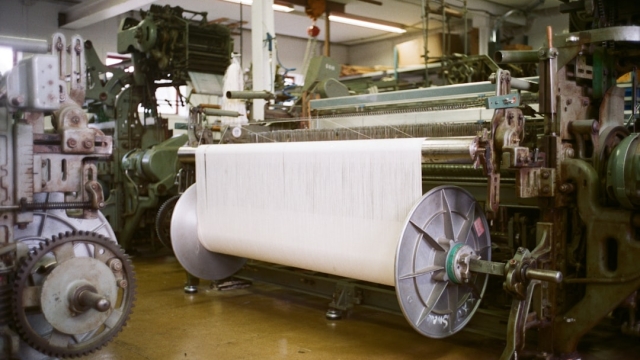The hotel industry relies heavily on textiles, from bedding and towels to uniforms and decorative fabrics. The effective management of these textiles is crucial for ensuring guest satisfaction and operational efficiency. Understanding the dynamics of the hotel textile supply chain is essential for hoteliers looking to optimize their sourcing, manufacturing, and distribution processes. This article will provide an overview of the hotel textile supply chain, identify key players involved, discuss challenges faced in sourcing and distribution, and highlight sustainable practices that are becoming increasingly integral to the industry.
Overview of the Hotel Textile Supply Chain
The hotel textile supply chain encompasses all stages involved in the production and delivery of textiles used in hotels. This includes raw material sourcing, manufacturing processes, logistics, and distribution. The importance of a well-managed supply chain cannot be overstated, as it directly impacts the quality of products, cost efficiency, and the ability to meet guest expectations. A streamlined hotel textile supply chain ensures that hotels can maintain high standards while effectively managing their resources.
Key Players in Hotel Textile Sourcing and Manufacturing
Several key players contribute to the hotel textile supply chain, each playing a vital role in ensuring that hotels receive the textiles they need. These players include:
Manufacturers
Textile manufacturers are responsible for producing the fabrics and materials used in hotel linens, towels, and uniforms. They transform raw materials into finished products, often utilizing advanced techniques to enhance durability and comfort. Quality control is paramount at this stage, as the textiles must meet the specific standards set by hotel operators.
Suppliers
Suppliers act as intermediaries between manufacturers and hotels. They source textiles from various manufacturers and provide hoteliers with a range of options to choose from. Suppliers often specialize in particular types of textiles, offering expertise in areas such as thread count, fabric composition, and design. Their role is essential in ensuring that hotels have access to the latest trends and innovations in textile design.
Logistics Providers
Logistics providers are crucial for transporting textiles from manufacturers to hotels. They manage the supply chain’s distribution aspect, ensuring that products are delivered on time and in good condition. Effective logistics management helps to minimize delays and ensures that hotels can maintain adequate stock levels of essential items.
Challenges in Sourcing and Distribution
While the hotel textile supply chain is vital for the hospitality industry, it is not without challenges. Fluctuations in demand can create difficulties in inventory management, leading to either excess stock or shortages. Additionally, global sourcing can introduce complexities related to shipping, customs regulations, and geopolitical factors. It is essential for hotel operators to have contingency plans in place to address these challenges and maintain a steady supply of textiles.
Sustainable Practices in Hotel Textile Supply Chains
As environmental concerns gain prominence, sustainable practices within the hotel textile supply chain are becoming increasingly important. Hotels are recognizing the value of sourcing textiles that are produced with minimal environmental impact. This includes selecting materials that are organic or recycled and working with manufacturers who prioritize eco-friendly production methods.
Furthermore, implementing sustainable practices can enhance a hotel’s brand image and appeal to environmentally conscious guests. Sustainable textiles can contribute to a hotel’s overall sustainability goals, such as reducing waste and conserving resources.
In conclusion, the hotel textile supply chain is a complex and integral aspect of the hospitality industry. Understanding the roles of key players, the challenges faced, and the importance of sustainability can help hotel operators make informed decisions. By optimizing their textile sourcing and manufacturing processes, hotels can enhance guest experiences while promoting environmentally responsible practices. For those looking to explore a wide range of hotel textiles, a well-curated selection can be found at this resource.

